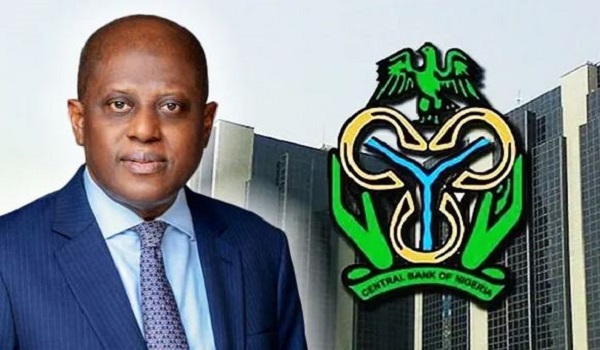The Central Bank of Nigeria (CBN) Governor, Olayemi Cardoso, has attributed the recent instability in the foreign exchange market to “seasonal demands.” This was disclosed on Tuesday during the 295th Monetary Policy Committee (MPC) meeting held in Abuja, where the MPC increased the interest rate from 24.75% to 26.25%.
Cardoso explained that the observed volatility in the foreign exchange market reflects the interplay between demand and supply within a freely functioning market system. He remarked, “Members further observe the recent volatility in the foreign exchange market attributing this to seasonal demand.”
The Nigerian Naira has experienced significant fluctuations over the past year. Since President Bola Tinubu assumed office, the currency depreciated from around N700/$1 in May 2023 to an unprecedented low of N1,900/$1 in February 2024. It briefly improved to N1,100/$1 in April before dropping again to N1,600/$1 in May 2024.
Despite the instability, Cardoso expressed optimism, stating, “there is light at the end of the tunnel,” and assured that the CBN’s tools are proving effective, providing some relief. He also highlighted a marginal increase in Nigeria’s external reserve balance between March and April 2024, emphasizing the importance of continuing to build these reserves.
Foreign flows contribute approximately 6% to Nigeria’s Gross Domestic Product (GDP), and the CBN aims to double the remittance flow within the year. Cardoso mentioned that efforts to engage stakeholders are already underway to achieve this target.
Furthermore, the CBN chief emphasized the possibility of adopting “tighter regulation and technology” if necessary to stabilize the market. In March, the CBN reported over $1.5 billion in foreign exchange inflows.
The MPC praised the CBN’s approval of 14 new International Money Transfer Operators (IMTOs), which is expected to boost competition, reduce transaction costs, and attract more remittances through official channels. Cardoso noted that the IMTOs have responded positively regarding pricing, commissions, and charges, encouraging the use of official rate channels to enhance foreign currency inflows.
Despite economic challenges, Cardoso reassured that Nigeria’s banking system remains safe and sound.
